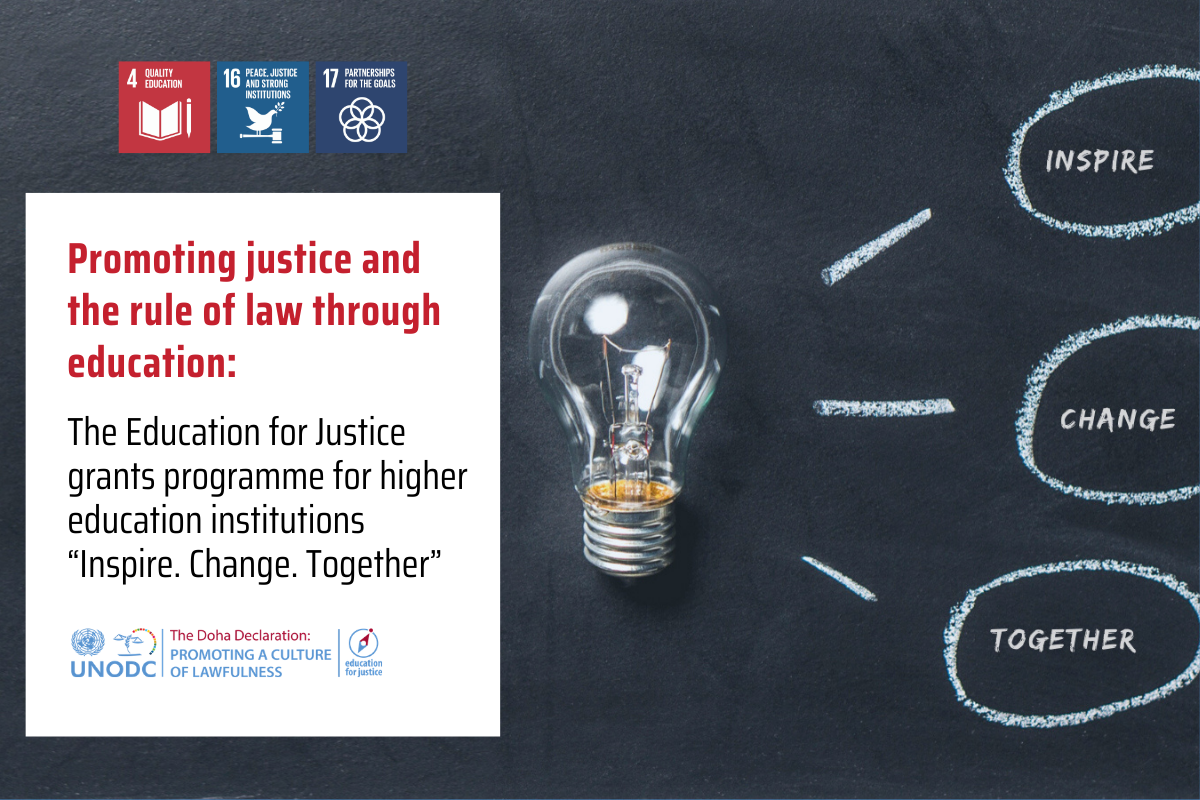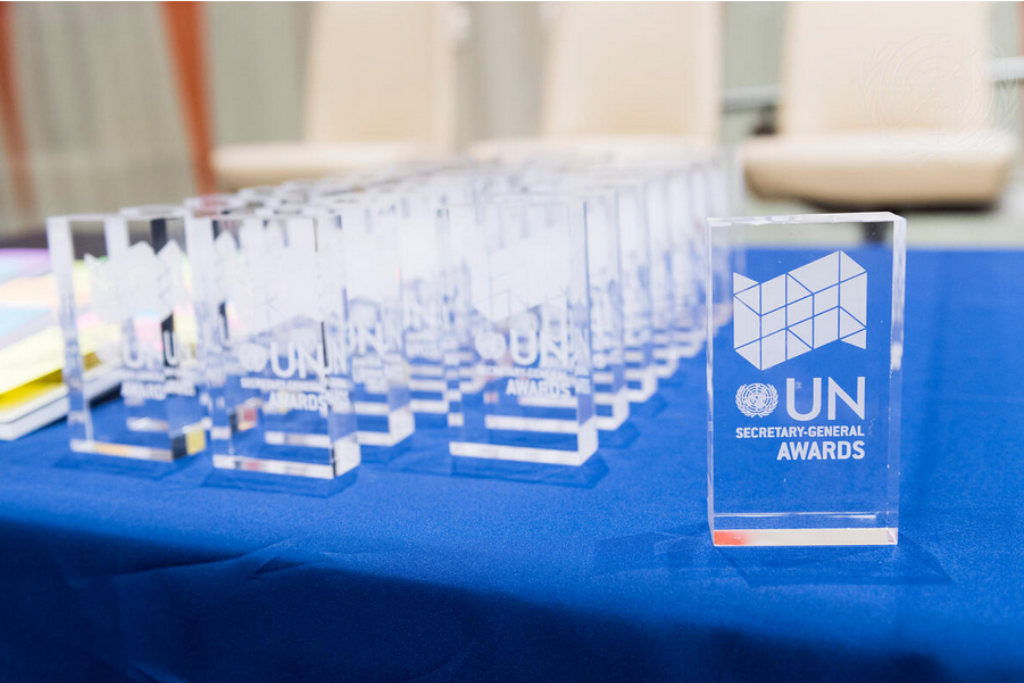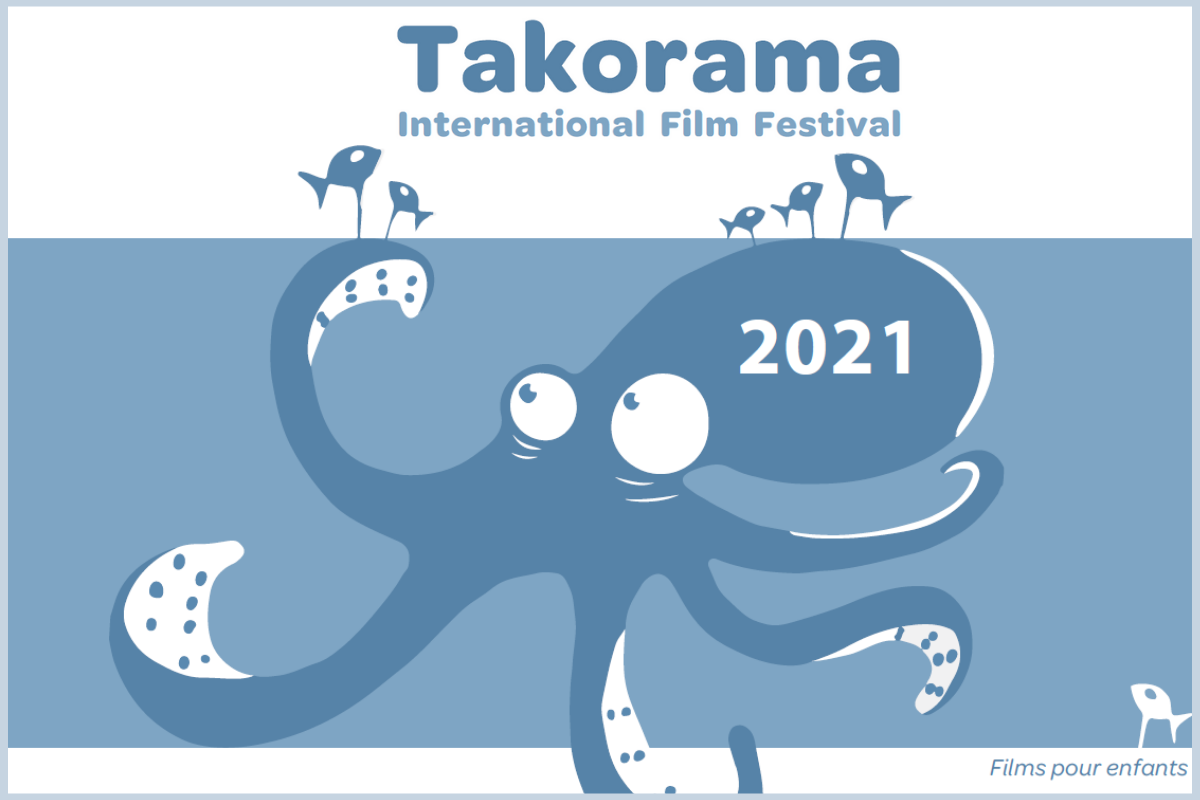Young African justice coders take on Facebook's latest hackathon challenge
29 March 2019 - When university students are up all night, it's usually because they are either partying or studying before exams. But last weekend, despite the inviting evening weather in Lagos, 50 undergraduate students from ten Nigerian universities stayed up through Friday night for an entirely different reason: selected from over 400 applicants, they were planning, designing, and coding in the most recent UNODC-supported Hackathon for Justice, trying to come up with technological ways to make the world a safer place.
Following the success of its last hackathon, hosted by Silicon Valley's famed security firm Symantec, UNODC's Global Programme for the Implementation of the Doha Declaration has again teamed up with Africa Teen Geeks and, for the first time, with the world's most popular social media platform, Facebook; together, they continued engaging with young people to develop technology-based solutions to global challenges, specifically those affecting the rule of law.
For Chimdi Aneke, Facebook Developer Program Manager, the hackathon practice is an essential element of innovation: "Facebook grew out of a hacker culture and thrives by promoting innovation on new platforms. Hackathons are longstanding traditions here at Facebook, so we're thrilled to bring this tradition to Lagos where we will stay up all night hacking and learning."
|
The founder of Africa Teen Geeks, Lindiwe Matlali, welcomed the eager students, stressing the particular educational aspect of this hackathon: "We are excited to be working with UNODC and Facebook, to encourage youth to be actively involved in solving issues of rule of law, and to amplify the great work of the Education for Justice initiative."
To support them throughout their marathon coding session, several mentors were at their side; they included software engineers from Facebook and Africa Teen Geeks, representatives of UNODC's Education for Justice (E4J) initiative, which co-organizes these events, and technology entrepreneur Iyinoluwa Samuel Aboyeji, co-founder of Nigerian startup Andela (which trains and connects African developers to global companies for work) and founder of Flutterwave (an innovative regional payment API). The connection between the rule of law and technology was a given for Mr. Aboyeji, who encouraged the participants in his keynote address: "There is a lot that tech can fix about the justice system. Think about how your solution can create value for everybody."
|
The 50 participants, making up 13 teams, were tasked with finding an innovative technological solution to one of six interesting and topical challenges: "Bring back the convicts" (how to reintegrate former terrorists), "Think of the Blue Heart" (how to tackle human trafficking), "Catch the e-waste octopus" (how to counter illegal trade in and disposal of electronic devices), "Blow the whistle on dirty players" (how to tackle corruption in sports), "Break the silence, prevent violence" (how to improve justice for children), and "Inscribe the bribe" (how to tackle corruption). In addition, participants had a seventh option to create their own challenge on a rule of law topic of their choice.
With coffee in ample supply to keep the justice coders awake and motivated, and an impromptu limbo contest halfway through to energize the teams even more, the coding went on for 29 straight hours before the projects were ready for presentation. The awaiting jury included technology and education specialists such as Lucas Moscovicz of Facebook, Lindiwe Matlali of Africa Teen Geeks, Gilberto Duarte of UNODC's E4J, Edith Osanyinpeju from Nigeria's Federal Ministry of Education, and Professor Sagir Adamu Abbas from the National Universities Commission.
 The winning entry was a web application from a University of Lagos team; named Let's Fight Trafficking (designed to help educate about and find human trafficking victims), it earned its designers the coveted position of mentors of participants at the next global Hackathon for Justice, to be co-organized with technology giant Google at their Silicon Valley headquarters.
The winning entry was a web application from a University of Lagos team; named Let's Fight Trafficking (designed to help educate about and find human trafficking victims), it earned its designers the coveted position of mentors of participants at the next global Hackathon for Justice, to be co-organized with technology giant Google at their Silicon Valley headquarters.
The app Athena, presented by a team from the Ladoke Akintola University of Technology, was the runner-up (designed to allow people to report crime incidents and access information about their rights); and TeenVoice, a set of apps (designed to help children communicate with their parents and guardians in cases of an emergency) developed by students from Caleb University, impressed the judges and received an honourable mention.
Exhausted and exhilarated at the same time, participants vowed to continue coding to face challenges. Dumebi Onwili, from the winning team, explained: "The hackathon gave us the opportunity to test our skills and learn even more. This is not the end, we will keep the same energy and continue providing solutions to the problems of our world."
Additional information:
Africa Teen Geeks
Education for Justice
Global Programme for the Implementation of the Doha Declaration
UNODC Nigeria Office


